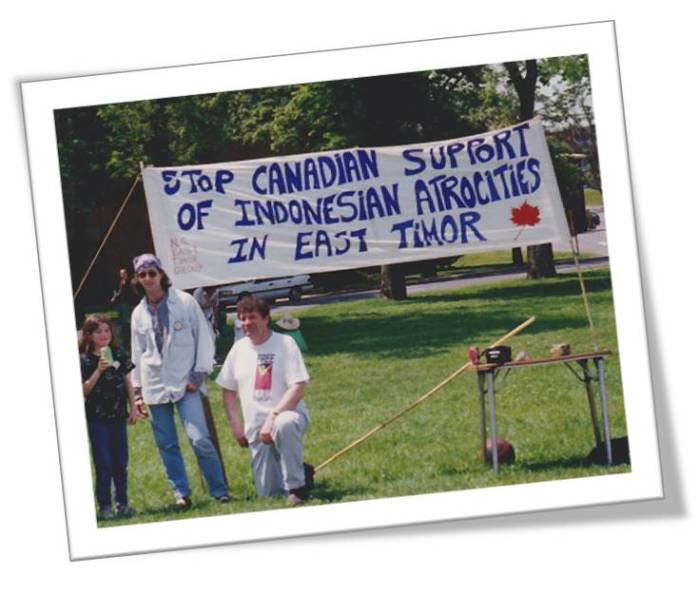by David Webster
When does the humanitarian impulse to provide aid and relief contribute to activism to promote human rights? When does it prompt avoidance of activism in favour of quietly enduring access to places and people in need?
This is one of the questions I am trying to answer in current research on relations between Canada and East Timor. Under Indonesian military occupation from 1975 to 1999, Canadian aid agencies tended to shy away from criticizing Indonesian actions in order to make sure they could deliver aid supplies. Humanitarian impulses dictated a quiet stance on human rights from a range of Canadian NGOs. But there was an early exception, in the work of Oxfam Canada.



